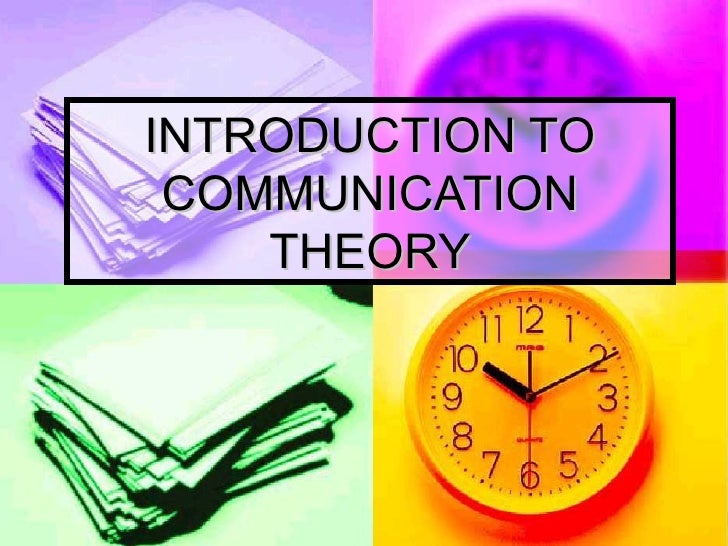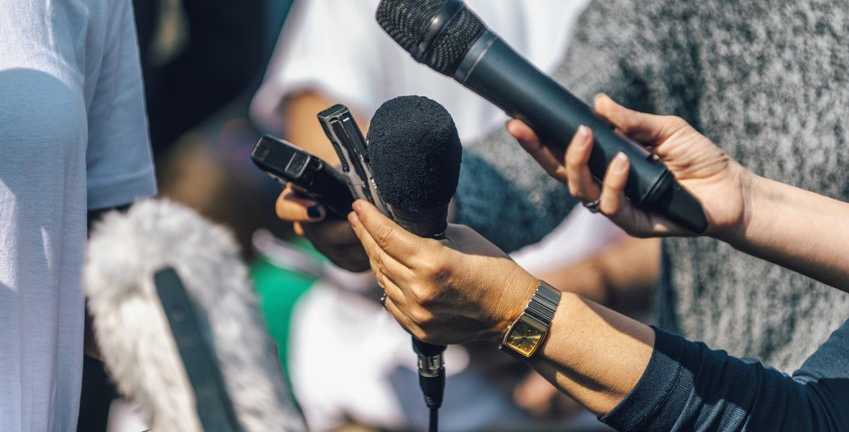Provides students
with an overview of the discipline and an understanding of the role theory plays
in the study of communication. Students are introduced to different ways of
thinking about communication as influenced by cultural, historical, and academic
perspectives. Helps students to apply theories to actual communication events
and experiences in interpersonal, organizational, mass, and political
communication contexts.

- Teacher: Sharon Delos Reyes
The course introduces you to the basic principles of radio and television broadcasting, the history and origin of radio/television broadcasting, the basic equipment, programming, news production and presentation, advertising and the legal aspect of broadcasting.

- Teacher: Sharon Delos Reyes
The course aims to expose students to critical and practical approaches to the management of both natural and man-made disaster. The concept of disasters refers here to armed conflicts, geophysical events or other crises (such as famines, epidemics, or rapid-onset of events) with a direct impact on people’s lives (e.g excess mortality or morbidity, forced displacement), while disaster management encompasses preparedness, warning, relief, recovery and reconstruction. Students will be introduced to a range of approaches to disaster management, from development-oriented disaster preparedness and reconstruction on the one hand to emergency responses predicated humanitarian principles on the other hand. This course requires students to apply concepts and methods across range of contexts and types of crises .In so doing, the course aims to provide students with a clear understanding of the dimensions of disasters, particularly in our country, in Asia, and the skills required to successfully interact with professional disaster management teams across a wide range of settings.

- Teacher: Lovely Rose Kosca